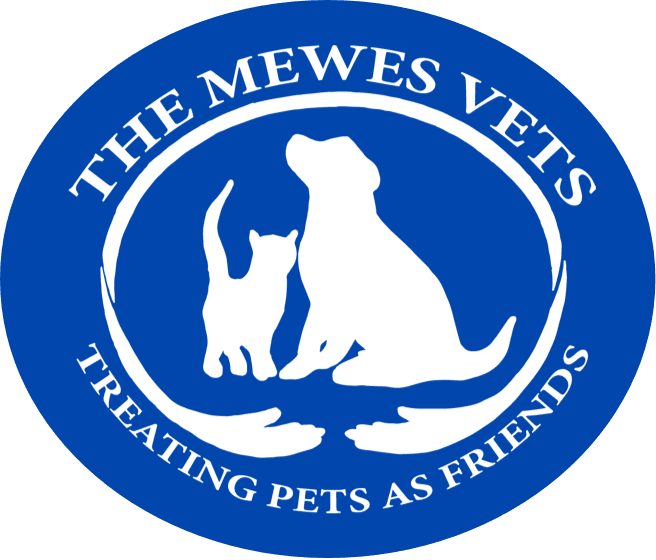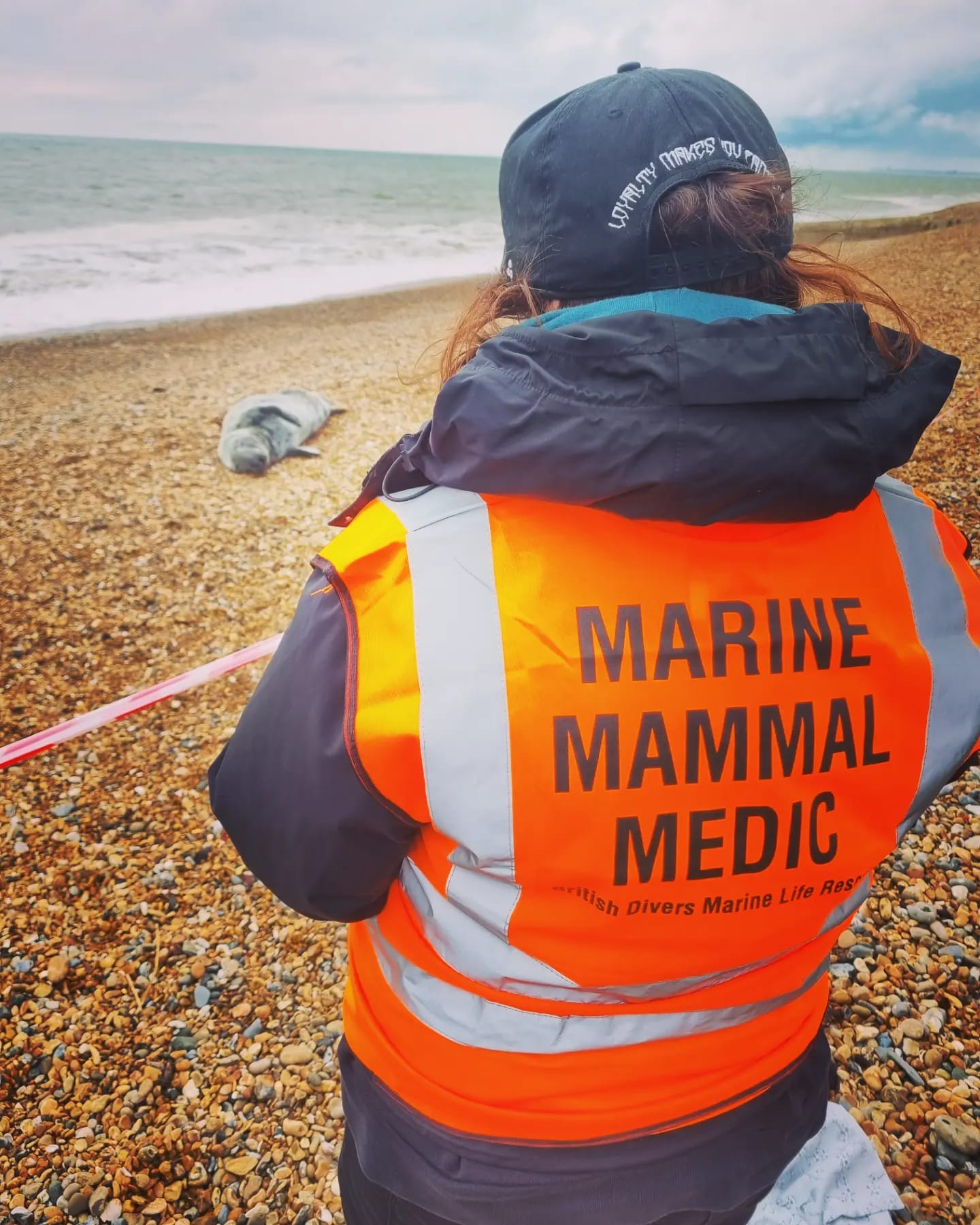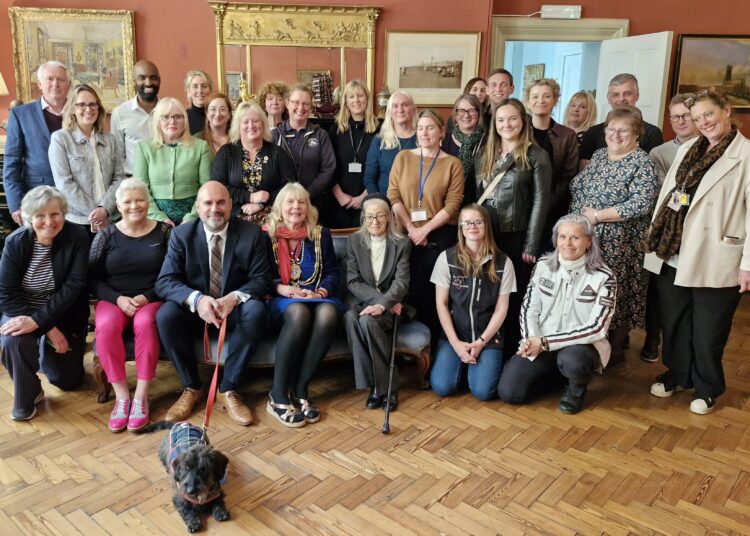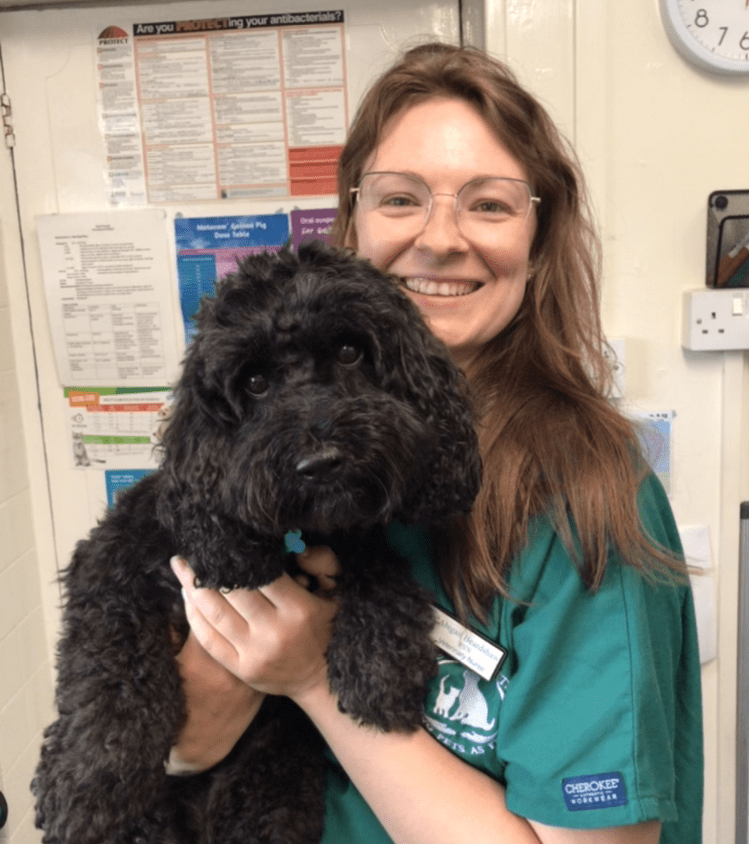A not-so-merry Merrie and a simple twitch to save the day
“My horse has got colic. Come at once!”
This was perhaps the scariest phone call a newly qualified Vet can receive. My brother Alastair was visiting. I had spent the last 8 years studying, but he had spent them working with racehorses.
Alastair and I found our way to a well-hidden stables on the outskirts of Hurstpierpoint. It was brilliantly lively at a time all sensible horses elsewhere would be starting to hit the hay. My patient was a stunningly handsome grey pony, Merrie, owned by a child as a pet.
Colic is the term we use when a horse has stomach ache. It is often caused by trapped wind, but can also occur if the pony’s intestine is twisted or obstructed. I had to decide whether it would respond to medical treatment such as an injection, or whether surgery would be the only way to save its life.
I performed a very thorough examination, particularly listening to the sounds in the belly as well as a rectal examination, and prepared to stomach tube the suffering pet. This was the first case I had managed alone, whereas it turned out that my brother had assisted other Vets many times.
The pony was sweating and groaning, and seemed no danger to us, until it came time to insert the tube up his nostril for him to swallow and pass into his stomach. This he did not like at all.
Unperturbed, my brother – whose usual patients were twice the height of this one – quietly turned Merrie’s nose into a twitch (a manipulation of the skin around the nose commonly used to help calm horses during procedures such as this) transforming Merrie into a statue. The tube went up safely and I started the tests to be sure I was in the stomach and not the lungs.
Suddenly he started to bleed. Both my hands and my brother’s were covered in blood, and I was ready to panic, as I heard him say to the loving owners: “Don’t worry, this happens all the time: perfectly normal.”
That was all the reassurance I needed. I completed the task, administered an injection to relieve the spasms caused by the trapped gas, and confidently awaited his recovery. Every new Vet should have my brother assisting them at their first colic!




